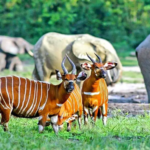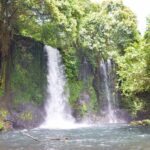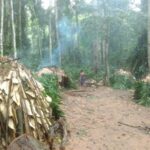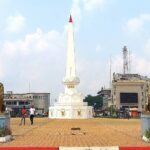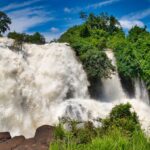- contact@tropicaladventuresafrica.com
- We are Open
Tropical Adventures Africa
WHAT TO BRING
- Home
- WHAT TO BRING
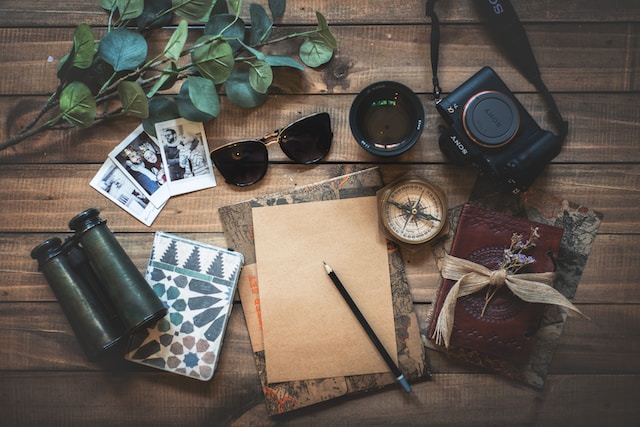
What to Expect:
It is important to remember that you will be working in the rain forest. There will be times when you will get wet and muddy and you may be required to slog through deep mud during your course; some courses do this extensively. Such is the nature of tropical rain forest fieldwork. Insects such as mosquitoes are also part of the tropical experience. Insects can be kept off with repellent or by wearing long sleeved shirts and pants, and if you know that you react badly to such bites, bring a supply of oral and/or topical antihistamine.
This depends on your spending habits, but extra money spent by students has ranged from $35-$500 with an average of $250. The best way to handle cash is to bring an ATM (Debit/Credit) card with you.
What to Bring:
While this list of items to bring is extensive, remember that it is important to pack as lightly as possible to facilitate travel and to prevent being charged extra weight.
1. laptop computer
2. compass
3. flashlight and batteries (additional batteries can be purchased locally)
4. light-weight raincoat (can be purchased locally)
5. calf-high rubber boots*
6. sandals (Tevas, Flip-Flops)
7. “town” shoes and one set of very casual but dressy clothes for trips to town
8. “Rite-in-the-Rain” field data book and mechanical pencils
9. pocket knife
10. binoculars (Especially important for Primatology and Ornithology)
11. signal whistle
12. insect repellent
13. hat or cap
14. sun screen
15. t-shirts and shorts for wearing around the station
16. 2 long-sleeved field shirts (button-up type are best)†
17. 2 pair of light-weight field pants (those legs that zip off are very useful)*†
18. water bottle
19. a few large trash bags to keep packs dry during transport
20. lots of socks and underwear
21. bathing suit or two
22. water resistant digital wrist watch
23. box of quart sized zip-lock bags (extremely useful in the tropics)
24. calculator (or use the one on your computer)
25. writing paper (for lectures), pens and pencils
26. flash drive &/or some plain computer printer paper (DO NOT FOLD!)
27. day pack or similar equipment to carry into the field
28. spare set of prescription glasses or contacts (if you wear them)
29. towel
30. set of single sheets and pillow case
31. mosquito net (get the “no-seeum” army issue type which can be bought at any army supply store) Must be large enough to fit over bed.
32. small, personal first aid kit (band aids, antibiotic ointment, anti-diarrhea medicine, anti-itch/rash medicine, analgesic etc)
33. Sense of Adventure
34. Sense of Humor
*(optional for Coral Reef (CRE) course)
†Your field clothes are likely to get very dirty and quite possibly stained while you are doing your projects. We suggest that you bring clothes that are inexpensive, such as old clothes from Goodwill instead of new clothes from REI, etc.
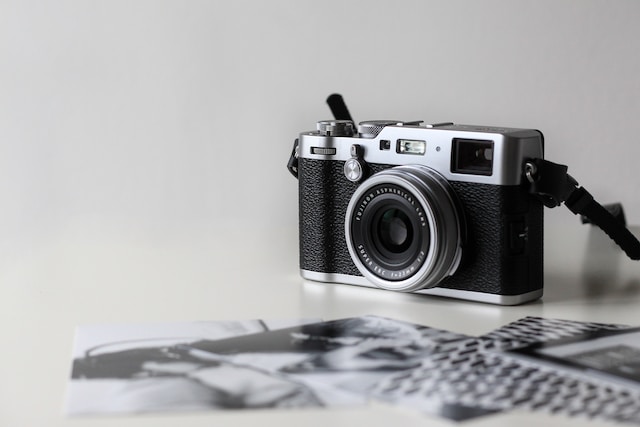
Highly Recommended Equipment
1. Digital camera
2. Cell phone that works in Cameroon
3. Hand lens (especially for Botany classes)
Past Student Recommendations of other gear.
Primatology students may want to bring breakfast snack food/granola bars to supplement breakfasts eaten in the field (these can be bought locally as well). Second towel/ second set of sheets. Short clothes line and clothespins. Earplugs for sleeping in close quarters. Vitamins.
The “to bring” list may seem extensive, but it is important to pack as lightly as possible because you may be charged for excess baggage. Remember, bring everything you need, and nothing you don’t! We recommend transporting your gear in an internal frame pack. Such packs are much more easily transported from our dock to the station than are roller-type suitcases. If you have any questions about whether or not to bring any item, please contact us.
A Special Note. While you are enrolled in a field course with Tropical Adventures, you will be in a continuous, close-contact living arrangement with people previously unknown to you. This naturally presents significant interpersonal challenges for everyone. Such is the nature of biological field stations. Thus, it is important to polish your social skills, be accepting of diverse personalities and cultures, and most importantly, maintain a positive attitude. Flexibility, patience and open-mindedness are important qualities in any field station setting.
If you encounter problems at the field station or in your course, please let your instructor know promptly. By opening a mature discussion, you will be able to see your concerns answered and thus improve the quality of your field experience. You will always improve a situation more quickly by initiating constructive communication rather than by withholding your thoughts.
- Old street Bonaberi, Bonassama. Opposite Atlantique Bank. Douala- Cameroon.
- contact@tropicaladventuresafrica.com
- +237 677 57 17 00



